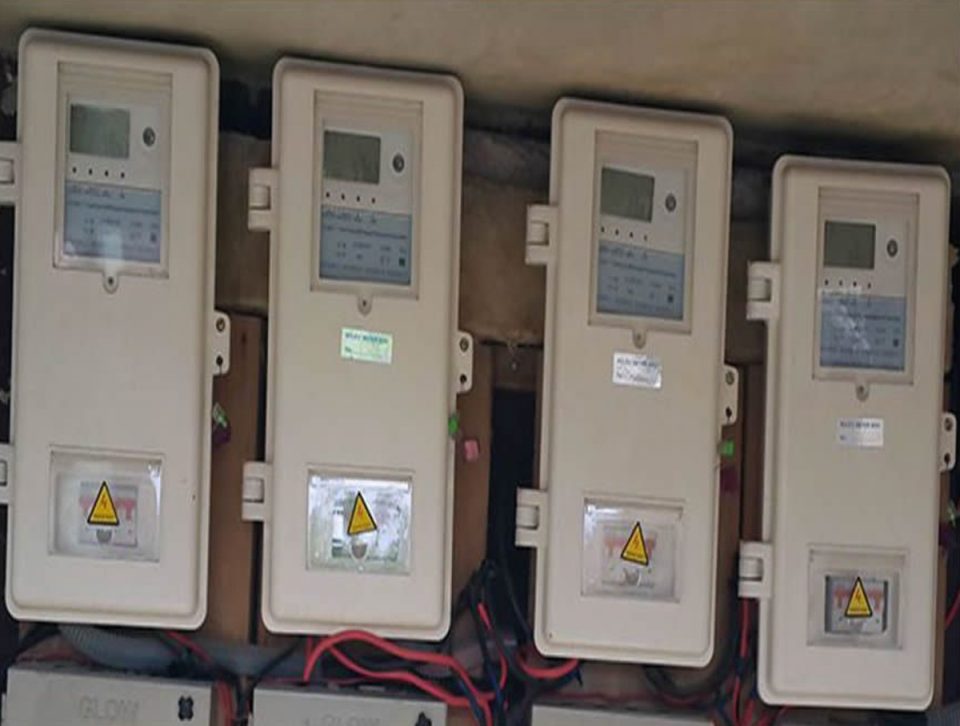As part of measures to implement the proposed Service Reflective Tariff (SRT), power distribution companies (DisCos), yesterday, asked the Federal Government to fund the rollout of meters to close the six million gap before 2024 deadline.
Speaking on behalf of the DisCos at the House of Representatives public hearing on the power sector in Abuja, the Managing Director of Abuja Electricity Distribution Company (AEDC), Ernest Mupwaya, disclosed that historically, the Capital Expenditure (CAPEX) provision in Nigeria’s electricity tariff has been inadequate to cover the cost of metering customers.
He stated: “Over the years, there has been insufficient investment in customer metering due, largely, to inadequate Multi-Year Tariff Order (MYTO) CAPEX and uneconomic tariff. The approved CAPEX for DisCos has never been adequate for comprehensive metering.
“In the first quarter of 2020, the number of registered customers in Nigerian Electricity Supply Industry (NESI) exceeded the 10 million point. The NESI is growing at an average rate of 75,000 new customers every month. However, many are still connected without a meter. Consequently, the metering penetration has decreased from 45.5 per cent in January 2017 down to 40.3 per cent in March 2020.
“Plugging the metering gap that is in excess of six million meters has been slow because even the recently-introduced Meter Asset Provider (MAP) regulation is not working as Nigerian Electricity Regulatory Commission (NERC)/DisCos expected. The twin effects of the sudden increase in import duties of 35 per cent on meter and NERC’s wrong pricing frustrated the good intentions of MAP.
“The recent capping of estimated billing has also reduced the incentives for consumers to obtain meters under the MAP regulation.
“Paradoxically, in their PIPs, all DisCos were committed to meter 100 per cent of the end-users before 2024 through the MAP regulation, reflecting the regulator’s determination that DisCos should hands-off actual metering. As such, DisCos did not include any CAPEX allowance for metering, in case MAP regulation fails”.




